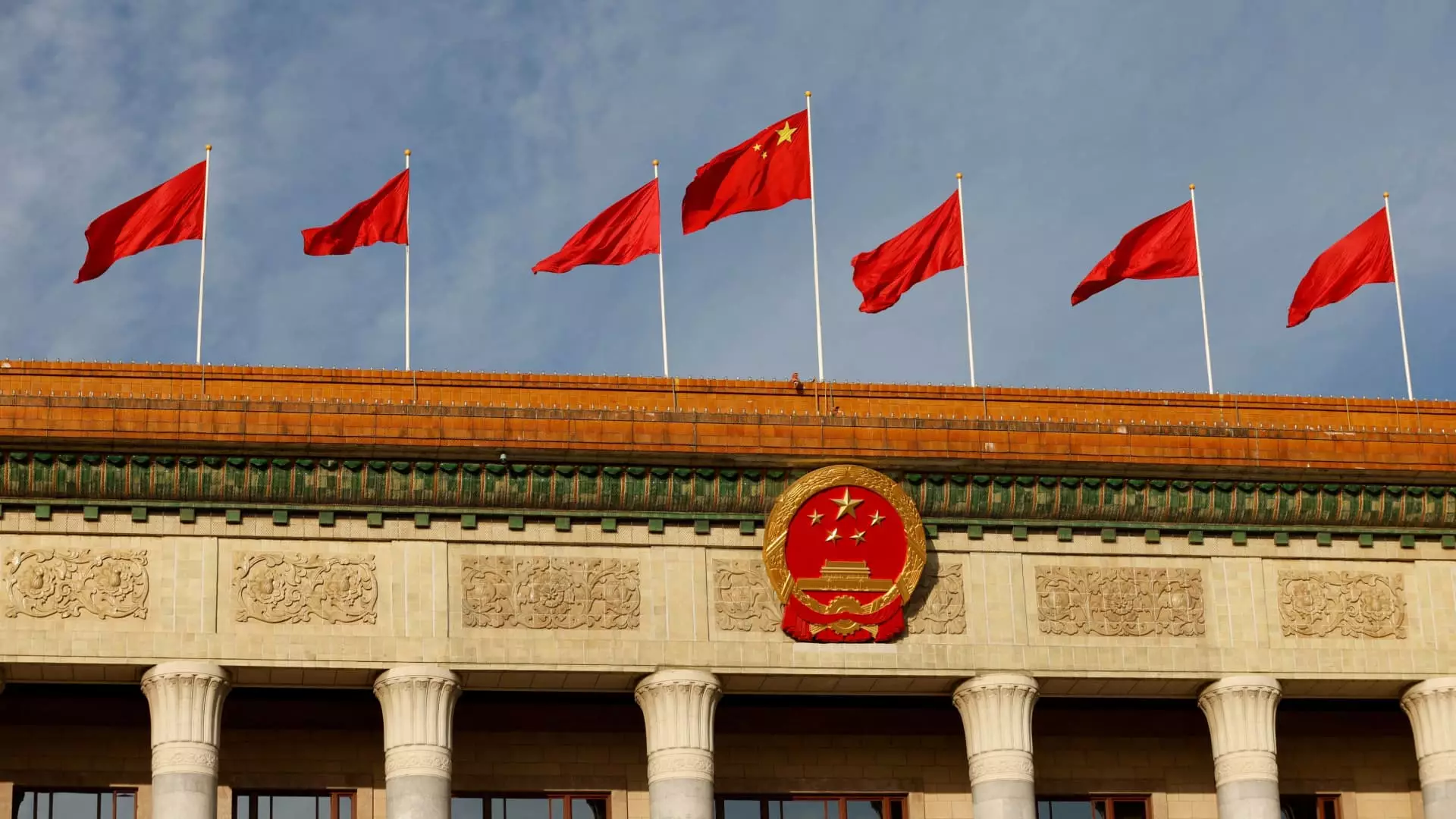China is set to begin its annual parliamentary meetings this week, with investors eagerly anticipating signals on potential economic stimulus measures. While the country’s gross domestic product grew by 5.2% in 2023, the overall recovery from the Covid-19 pandemic has been slower than expected. A prolonged slump in the real estate market and declining global demand for Chinese exports have contributed to low levels of consumer and business sentiment, prompting questions about whether Beijing will intervene with significant support.
China’s economic policy is typically determined at an annual meeting in December by leaders within the Communist Party. However, the upcoming meetings known as the “Two Sessions” are at the government level and are expected to provide more clarity on policy plans, including the GDP target for the year. Analysts are closely watching for announcements regarding the real estate sector, capital markets, and local government finances to gauge Beijing’s response to the current economic challenges.
The Chinese economy faces constraints on its monetary policy given the need to align with the U.S. Federal Reserve’s interest rate trajectory. Policymakers are expected to carefully balance the need for stimulus with financial risks and excessive debt accumulation. In the past, China’s massive stimulus measures have led to a surge in local government debt, prompting a cautious attitude towards policy support this time around.
The upcoming parliamentary meetings will unveil the government’s targets for GDP, employment, and other economic indicators for the year in the “Government Work Report.” Analysts anticipate that the fiscal deficit target will be around 3.5% and that monetary policy will remain accommodating. China’s recent announcement of an increase in the fiscal deficit and issuance of special bonds indicate a readiness to provide some level of fiscal support to bolster the economy.
Chinese officials are expected to discuss plans to enhance technological innovation during the Two Sessions. The government has expressed a commitment to fostering “new productive forces” and is likely to announce policies aimed at supporting the tech sector. Opening up opportunities for foreign businesses and improving the regulatory environment for non-state-owned enterprises are also on the agenda, signaling a continued focus on economic reform and development.
While immediate support for consumption is unlikely, policymakers may consider broader measures to strengthen the social safety net and implement structural reforms to boost long-term demand. Discussions on fiscal, tax, and pensions reforms could lay the groundwork for future policy initiatives focused on sustaining economic growth and improving overall consumer confidence. This year’s Two Sessions will provide valuable insights into the government’s strategic priorities and priorities for the coming year.
Despite the challenges and constraints, analysts expect the Chinese economy to gradually recover this year, with nominal GDP outperforming real GDP. This shift could lead to a more tangible improvement in economic conditions for consumers and businesses, boosting confidence and paving the way for sustainable growth. Beijing’s measured approach to policy support reflects a commitment to mitigating risks while fostering long-term stability and resilience in the Chinese economy.

Leave a Reply